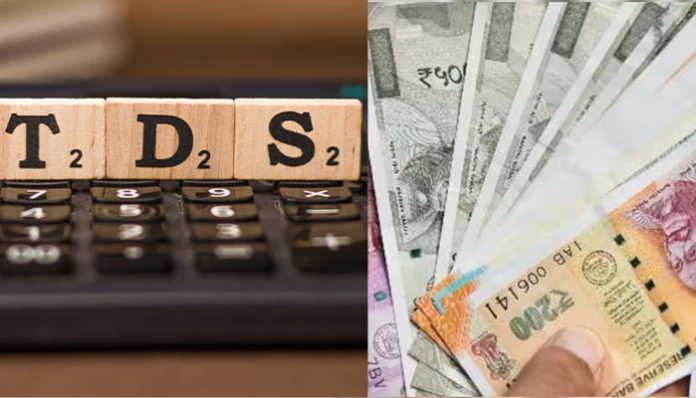
Often we only look at the interest rates to invest money in FD. But we should also pay attention to tax. You also have to pay tax on getting interest on FD in excess of the limit, which can reduce your returns
Since last year, Fixed Deposit, which is considered to be the slowest investment option, has become a hotspot for investment. All the government and private banks of the country have increased the interest rates of Fixed Deposits (Bank FD) more than a dozen times. Due to this kindness of banks, young customers are also preferring to invest in FDs after stock market or mutual funds. The Reserve Bank has given its decision on interest rates today. The Reserve Bank has not changed the interest rates for 3 consecutive times. In such a situation, it is possible that banks may cut interest rates on FDs in the coming days. In such a situation, the current rates are being considered as the highest of FDs.
But here most of the people forget to calculate TDS i.e. Tax Deduction at Source on FD and they do not get as much profit as it appears on paper. Apart from this, you also have to pay tax on the income from fixed deposits. This is added to your total income and tax is applicable as per your tax slab.
Know the math of tax on FD
According to income tax rules, if the interest on your FD exceeds Rs 40,000, banks deduct TDS on the interest earned on it. If you are a senior citizen then you get a rebate of 10000, ie TDS is deducted after Rs 50,000. Here, the point to note is that TDS is deducted when interest is added or credited on your FD and not when the FD matures. Thus every year you have to pay tax on the interest.
20% tax if PAN is not there?
In normal circumstances, if more money is received in the form of interest than the exemption limit, then banks deduct TDS at the rate of 10 percent on your interest. But it has to be kept in mind that if you do not have a PAN number, then this TDS amount doubles, that is, you will have to pay 20% tax.
What if the income is less than the limit limit?
If the amount of interest received is within the exemption limit and the bank still deducted TDS, then you can claim it while filing income tax return. At the same time, if there is a tax liability on adding interest income to your total income, then it is necessary to pay it on or before March 31 of the financial year. This way you can pay any outstanding tax.
Penalty will have to be paid for prematurely breaking FD
If you break the FD prematurely, then you do not get the interest at the rate at which you have FD. For example, suppose you have made an FD of Rs 1 lakh at 6% for 1 year, but you break it after 6 months and you are getting interest at the rate of 5% per annum on 6 months FD, then like this In India, the bank will pay interest on your money at the rate of 5%, and not at the rate of 6%. According to the rules of the country’s largest bank SBI, if a person makes an FD up to Rs 5 lakh, then he will have to pay a penalty of 0.50% for breaking the FD before it matures. Similarly, on FDs of more than 5 lakhs and less than one crore, 1% penalty will have to be paid for premature break.





